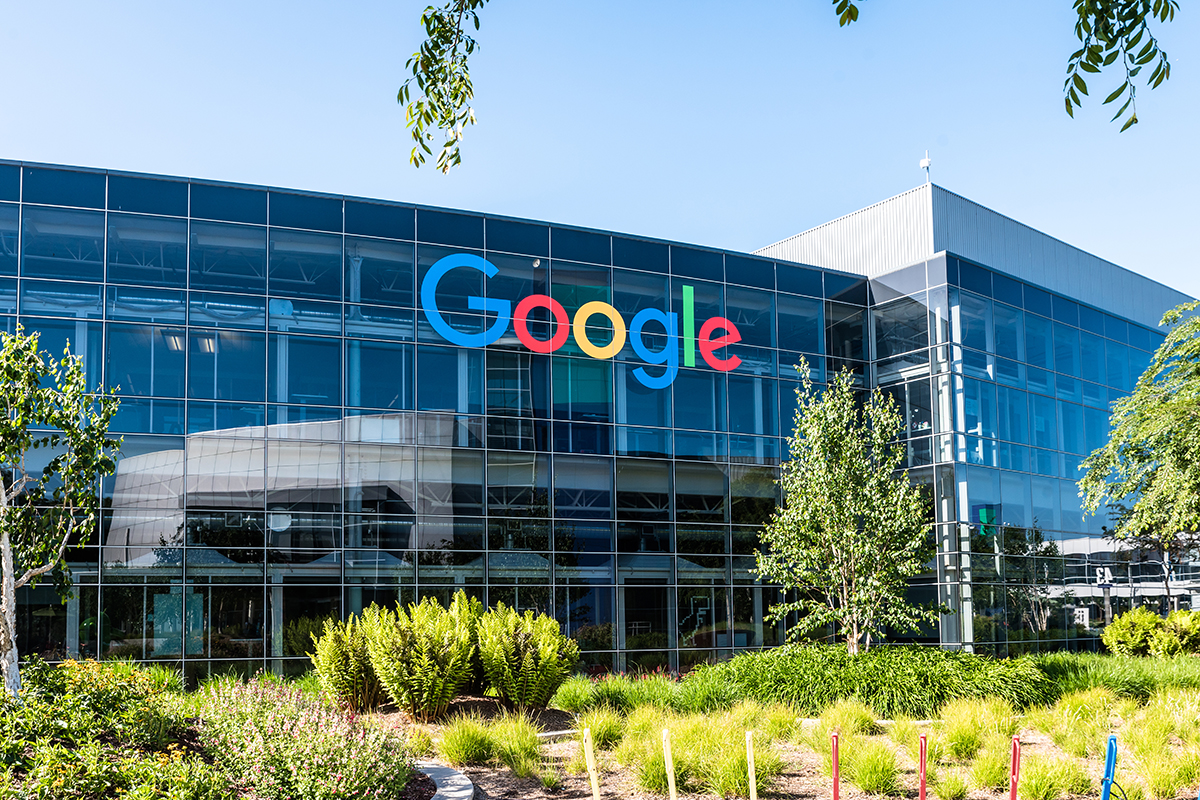In a bid to lead the charge in the accelerating AI race, tech giant Google has embarked on an ambitious endeavor to harness generative AI technology, the force behind chatbots such as OpenAI’s ChatGPT and Google’s Bard, for an unconventional purpose.
Merging its London-based research lab, DeepMind, with its Silicon Valley-based AI team, Brain, Google has embarked on an intriguing journey to transform AI into a personal life coach, capable of assisting users with a diverse range of tasks and challenges.
Expanding AI Frontiers: Generative AI as a Life Coach
Earlier this year, Google made a strategic move by merging DeepMind and Brain, ushering in a phase of intense experimentation. Collaborating with Scale AI, Google DeepMind has dabbled in generative AI to undertake an impressive array of 21 personal and professional tasks.
These tasks include providing users with life advice, ideation, planning guidance, and tutoring tips. The project’s scope underscores Google’s commitment to propelling itself to the forefront of the AI landscape and its increasing willingness to entrust AI systems with tasks that involve emotional and sensitive dimensions.
Shift in Strategy: Embracing the Power of AI
This latest endeavor marks a notable departure from Google’s prior reservations concerning generative AI. Previously, the company’s AI safety experts raised concerns about users becoming too emotionally attached to chatbots and the potential negative consequences of relying on AI for life advice.
However, the merged research labs are pushing the boundaries, using AI for tasks that were once deemed off-limits. Notably, Google’s Bard was introduced to compete with OpenAI’s ChatGPT, and AI technology has seeped into Google’s existing products, like the search engine and Gmail.
Challenges and Potential Implications
Within this study, employees have examined the AI assistant’s ability to address personal inquiries and confront the challenges individuals encounter. The initiative encompasses features designed to formulate concepts, provide guidance, and aid in the process of planning.
The prospect of users excessively depending on AI for life guidance has raised apprehensions, as experts in AI safety from Google have cautioned against potential hazards such as a decline in mental and physical health, as well as a decrease in personal autonomy. While the capabilities displayed are encouraging, Google has yet to reach a conclusive verdict regarding the integration of these tools.
AI’s Expanding Realm: From Journalism to the Workplace
In addition to the AI life coach initiative, Google has delved into diverse fields. One of these endeavors involves Genesis, an AI tool designed to assist journalists in composing articles, paraphrasing text, and proposing headlines.
Furthermore, Google DeepMind’s AI exhibits promise across various domains such as scientific, artistic, and business writing, as well as the identification of patterns and extraction of information from textual data. While these advancements offer potential, there are apprehensions about their possible effects on economics and creativity.
Embracing the Future
Google’s ambitious initiative to transform generative AI into a personal life coach exemplifies its commitment to pioneering AI technology. By merging research labs and pushing AI’s boundaries, the company is actively embracing the potential of AI systems in sensitive and emotionally charged domains.
While challenges and concerns remain, the project’s implications and progress are shaping the future of AI’s role in users’ lives, industries, and creativity.







